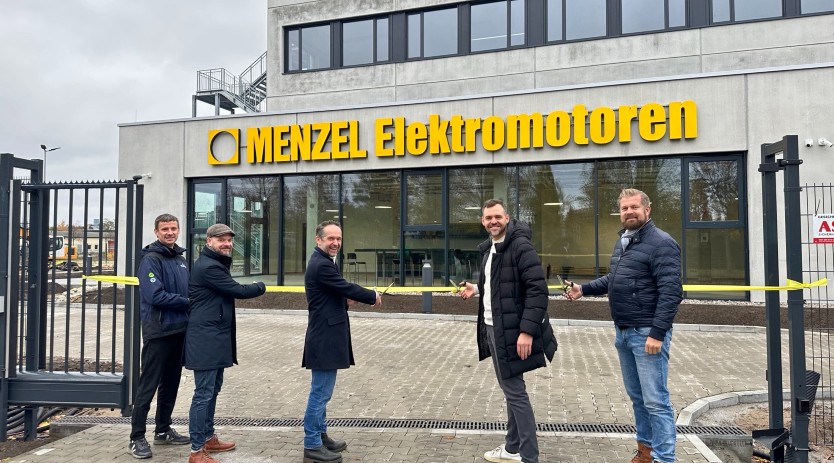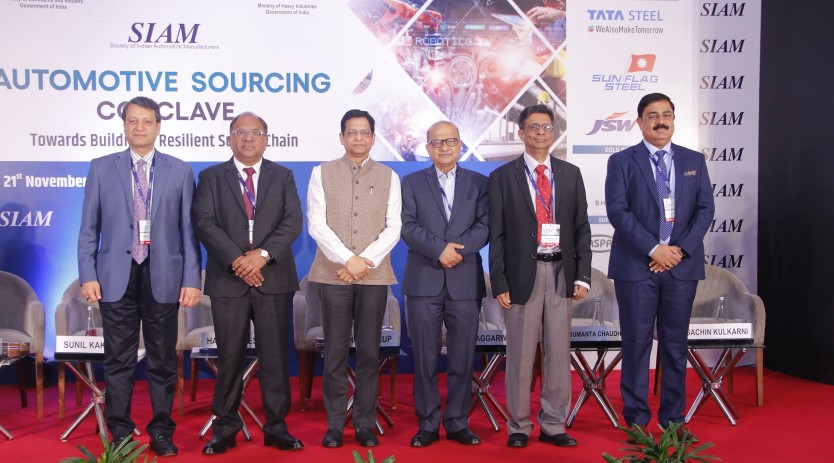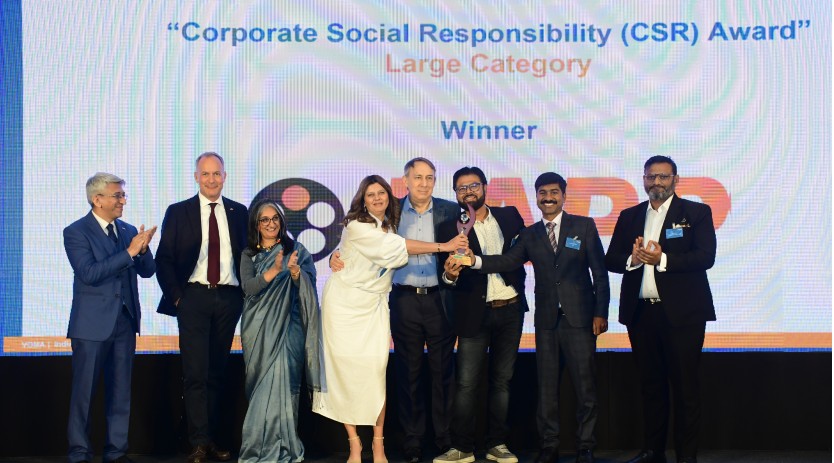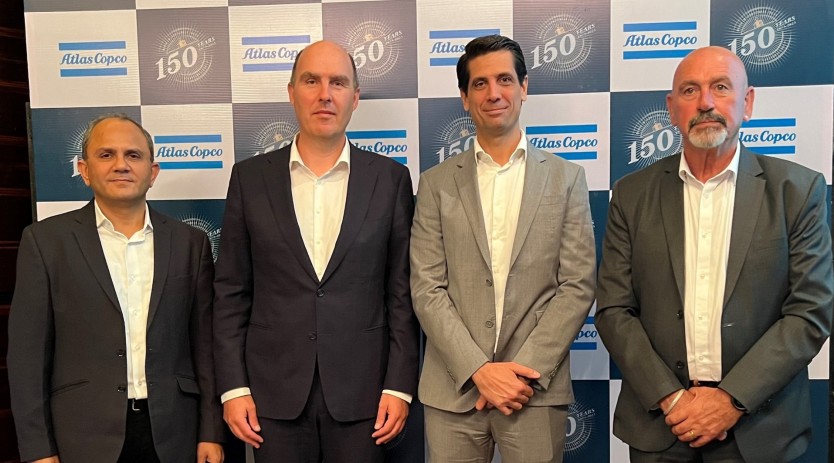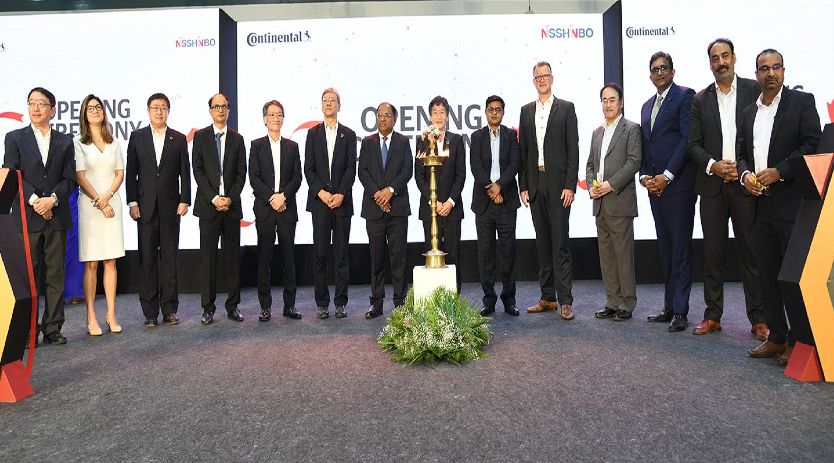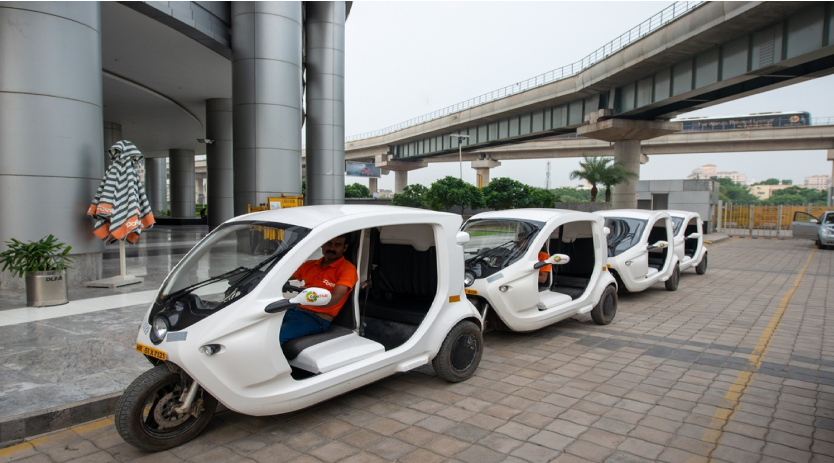Tool room: the mother of industry
September 24, 2015 10:49 am
The Indian tool room industry contributes majorly to the growth of manufacturing sector and is known as “the mother of industry”
The Indian tool room industry is a major contributor to the growth of manufacturing sector of the Indian economy and has been a significant contributor to the success of automobile, consumer durables, plastic etc. Tooling requirement is met through three sources – commercial tool room, captive tool room and import. Majorly Indian tooling producers are privately run business. According to an estimate published by the Tool and Gauge Manufacturers Association of India (TAGMA India), 30 per cent of the tooling industry is captive, while 50 from commercial tool makers and imports contribute to 20 per cent.
Major manufacturing clustersCommercial tool room industry in India is concentrated in Mumbai, Bengaluru, Chennai, Pune, Hyderabad and NCR due to the presence of industries like automobile, auto component, plastic, general engineering, tractor etc.
Performance of Indian tool room industryThe estimated turnover of the Indian tool room industry in 2013-14 was ` 141,750 millions. The sector witnessed a growth of 4 per cent against the turnover of ` 1,36,000 millions during 2012-13. Drop in the volume of major users segments of dies and moulds namely passenger cars, commercial vehicles and consumer durable are the main reasons behind the lower growth. There is an increased demand for plastic with its increasing usage in automobiles, consumer durables and electronics.
The industry grew by 13 per cent annually in the last five years and is expected to grow is the coming years. The tooling import declined to ` 30,813 Million in 2013 – 14 against ` 34,075 in 2012 – 13. “The drop in import is mainly due to domestic commercial tool makers gaining and returning the trust of their customers by supplying quality tooling especially in sheet metal and die casting dies category. The import of plastic mould is still high in overall tooling imports and constitutes the major share,” TAGMA India observed.
The Indian tool room industry has grown at a compound annual growth rate (CAGR) of 7 per cent over the period of 2008 to 2014. The Indian tool room industry grew by 4 per cent in FY 2013-14 compared to (-) 9 per cent growth in previous year.
Sourcing of dies and mould from domestic CTRs has been increased to 55 per cent in 2013-14. In-house manufacturing of tooling is reduced marginally to 23 per cent in 2013-14 from 27 per cent in 2012-13. TAGMA anticipates that the trend towards outsourcing is likely to continue as end-users find it cost effective, time saving, flexible and allowing firms to focus on core competency. Estimated demand of Indian tool room industry for 2014 – 15 is ` 1,51,000 million.
TAGMA has pointed out the strengths, weaknesses, opportunities and threats (SWOT) for Indian tool room industry as follows:
StrengthsThe strengths of Indian tool room industry are the skilled production of high precision and relatively complex dies and moulds which are well developed and designed and have a good quality. The flexibility to cope with changes is also one of the major strengths of this industry. Large and growing domestic and international customer base including the motor vehicle and consumer durable industry and the presence of training institutes specially dedicated for tool design and development of producing skilled technicians build the strengths of tool room industry. Also the low cost labour, especially engineers and designers, and well educated labour force add to the list of strengths of this industry.
WeaknessesVery few domestic toolmakers can afford state-of-the-art facilities to achieve global standards of short lead time and have sufficient product capacity. The lack of sophistication in tooling design in producing high-precision and complex dies and moulds add to the weaknesses of the tool room industry. Imported inputs are expensive and domestic inputs are of low quality. Many die and mould producers tend to be small companies with limited financial and management resources. To add to the list there is shortage of skilled toolmaker and in some cases higher prices versus foreign competitors.
OpportunitiesThe Indian tool room industry today has got immense opportunities. Current customer base in India for tooling is growing as foreign manufacturers continue to expand in India. There is a rise in Indian disposable income and consumer demand which in turn generate additional demand by producers requiring tooling. New product developments are coming up across user segments. The increasing international business opportunities and the decreasing product life cycles add to the long list of opportunities and also the growth in the plastic and packaging sectors.
ThreatsHowever, despite having tremendous opportunities, the tool room industry in India is yet to achieve deserved growth. Lack of awareness of the government and unfavourable policies thereof are considered as the major threats for the tool room industry. Some of the other threats include:• Increasing in-house tool room facilities at user end.• Impact on margins due to increasing costs of inputs.• Increasing demands and expectations of lower prices.• Increasing penetration of cheaper tools from countries like China and Taiwan, especially in plastic mould.• Low growth rate of GDP.
About TAGMA IndiaEstablished in the year 1990, TAGMA India is celebrating its Silver jubilee. The association serves as a forum for the Indian tool room and die and mould industry whose activity involves design, sales or manufacture of dies for pressing, stamping, punching and forming, injection and compression moulds, die casting dies, patterns and pattern equipment, jigs and fixtures, standard tooling components, CAD/CAM, rapid prototyping, gauges, precision machining, special machines and related products.
Tool trial centre TAGMA India started its tool trial centre at Chakan, Pune from June 2014 for members and the tooling industry. The centre has setup two injection moulding machines i.e. Maxima Servo 500 and Maxima Servo 850 along with related ancillaries.
New initiatives at TAGMATo establish a series of “TAGMA Centre for Growth and Excellence” for tooling development, trials and skills training for the benefit of the tooling and manufacturing industry in general – TAGMA has started a pilot project at Chakan, Pune. The project will be developed on a cluster model and a separate special purpose vehicle (SPV) – TAGMA Centre of Excellence and Training (TCET) is incorporated for implementation and management of the centre. The project is funded by Department of Heavy Industry (DHI) under “Scheme for Enhancement of Competitiveness of Capital Goods Sector”.
Cookie Consent
We use cookies to personalize your experience. By continuing to visit this website you agree to our Terms & Conditions, Privacy Policy and Cookie Policy.




